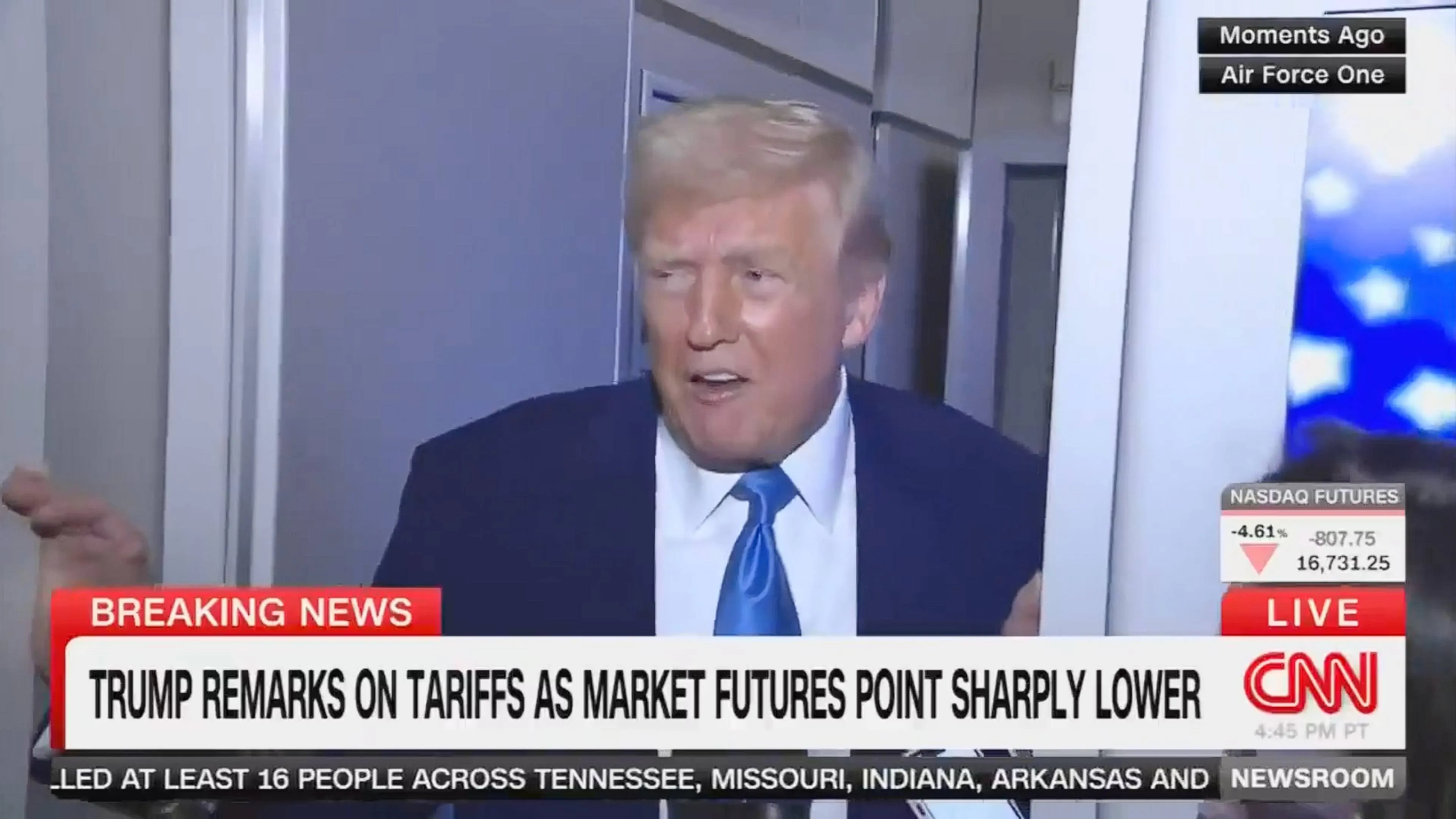Ook Franse Academie van Wetenschappen buigt zich over klimaat

Net als de KNAW heeft ook de Franse Academie van Wetenschappen een conferentie over het klimaat georganiseerd waar voor- en tegenstanders van de menselijke broeikashypothese van gedachten hebben gewisseld. Ook de bekende Amerikaans klimaatscepticus, Richard Lindzen, was daarbij aanwezig. Het werd tijd.
Barbara Casassus rapporteert daarover op 'ScienceInsider':
PARISThe French Academy of Sciences finally produced a statement after a full day of debate on climate change Monday that had been shrouded in secrecy.
The debate followed a rumpus triggered by former research minister Claude Allègre and a handful of other scientists, who have contested the causes of climate change. The debate was ordered by Education and Research Minister Valérie Pécresse in April, after more than 600 scientists signed a petition alleging "denigration" by Allègre in his book L'imposure climatique (The Climate Fraud) and asking her to disavow it.
The statement appears to be in response to an outburst at the weekend from the French daily Le Monde.
In a front-page editorial, the paper lambasted a total blackout on the debate, the identity of the participants and their submissions. "What is it (that the Academy is) afraid of," it asked. The secrecy "arouses suspicion."
According to the statement, participants in the debate concluded that links between solar radiation variations and the earth's orbit are not contested, but that the jury is still out on the importance of the impact of solar activity cycles.
Participants agreed, the statement said, there was a consensus on the direct impact of carbon dioxide and other greenhouse gases produced by human activity, but that their indirect effects are still controversial. One of the ways towards better understanding of climate patterns is the physiochemistry of clouds, they agreed.
Over het redactionele commentaar van 'Le Monde', schrijft Casassus verder:
The reason that publicizing the details of the meeting was important, said Le Monde, was that pirated e-mails and errors in the last report of the Intergovernmental Panel on Climate Change (IPCC) already aroused "considerable mistrust." But the reaction in the Anglo Saxon world, particularly from scientific institutions, was immediate, the newspaper noted. Five independent inquiries were conducted, none of which contested the IPCC's main conclusions. "Climatologists were submitted to critical and rigorous questioning (sic!) it would be normal for their detractors to have the same treatment," it added.
Lees verder hier.
Hieruit blijkt dat 'Le Monde' niet weet waar zij over schrijft. De hoofrolspelers in het Climategate-schandaal zijn helemaal niet streng ondervraagd. Zij zijn met fluwelen handschoentjes aangepakt. Menselijk gezien was dat ook wel begrijpelijk, want de spil in het Climategate-schandaal, Phil Jones, was een zenuwinzinking nabij en had van tevoren laten weten dat hij met zelfmoordplannen had rondgelopen. En waarom werden de klimaatsceptici niet gehoord? Een aantal van hen heeft expliciet en op eigen initiatief laten weten dat zij daarvoor beschikbaar waren. Maar het was natuurlijk helemaal niet de bedoeling van de verschillende onderzoeken dat de zaak tot de bodem zou worden uitgezocht. Witwassen, dáár ging het om!
Gelukkig heeft de 'Global Warming Policy Foundation' wèl een goed rapport uitgebracht, waarin zij uitvoerig heeft gedocumenteerd wie, wanneer, waar en hoe zich aan onregelmatigheden schuldig heeft gemaakt. Maar de redactie van 'Le Monde' heeft kennelijk nog een leesachterstand.
Jean-Michel Bélouve schrijft in positieve zin over de bijeenkomst. Hij concludeert:
Overall, I think that approach by the Academie des sciences is a positive development, even if it appears to be somewhat timid and lacks transparency. For a start, this is a serious attempt to foster a genuine scientific debate between opposing scientists - and that is really new in France. What is more, the Academy is trying to stand clear of supporting the claims and accusations that numerous climate scientists have made against climate sceptics. We have to wait for the full report to be issued in October to know whether or not it will commission a review of the state of science for the French public who have become less certain and more doubtful over the last couple of years. I am not convinced it will go that far. Nevertheless, I hope that it won't shut down what looks to me like the beginnings of a real scientific debate.
Lees verder hier.
Publicatie van het verslag van de bijeenkomst bij de Franse Wetenschapsacademie wordt volgende maand verwacht.
Het perscommuniqué van de Franse Academie van Wetenschappen is hier te vinden.
Het oorspronkelijke artikel in 'Le Monde' hier.


